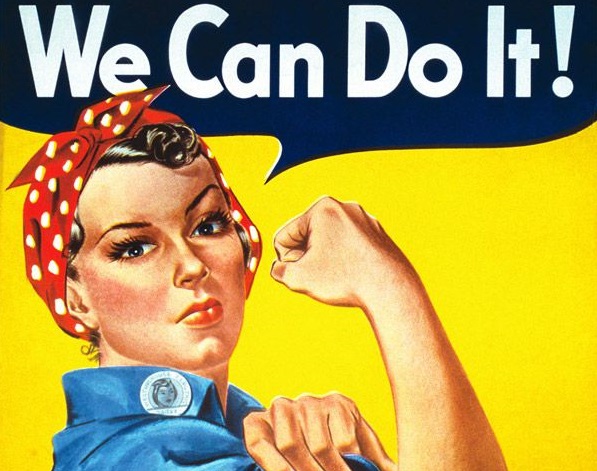More people are going to college, graduate school, and obtaining PhDs in STEM fields than ever before (Figure 1), and a growing minority of these PhD candidates are non-traditional or not white affluent males. While we celebrate this change, let us not forget that academia was built by – and for – the “traditional” student. My favourite analogy to explain this type of ingrown privilege is bicycles on USA streets. Bicycles are legally allowed to be on streets, some streets even have extra space just for bicycles, but streets were designed for automobiles. You may be allowed and, in some areas, encouraged to get on the street with your bicycle, but biking a street is going to be intrinsically more difficult than if you were driving a car.
Like Marconi and La Bamba in a city built on rock and roll, you will inevitably end up in situations that conflict with your way of life. You will not receive a warning before you stumble upon these bumps, and you will be judged by how quickly you accept traditional standards (if you can). I remember a conversation with traditional tenured and tenure-track scientists discussing proposals for a large grant scheme. One tenure-track scientist was lamenting the process of shopping for editors for his proposal. He talked about it freely, how there were two companies that charged different rates and he was in talks with one but that company felt a conflict of interest that he had worked with another rival editing company. The rest of the traditional scientists nodded in mutual understanding. Finding good, cheap editors to improve your work is hard. My working-class ethos was busy screaming inside my head. How can hiring someone to edit and improve written works that you will ultimately be rewarded for be so blithely acceptable? You’re not allowed to hire editors for any task throughout your training. You learn how to write from earning disappointing grades (or failing grant applications). You read more, you study written works, you develop a voice, and you try again. The results get better until you are at an appropriate level to move up another notch on the ladder, right? Not for traditionals.
Here are some more bizarre “traditional” customs you should expect if you are biking down the academic street:
Read More “Trading blue collars for scarlet robes, my working-class experience of academic life” »

